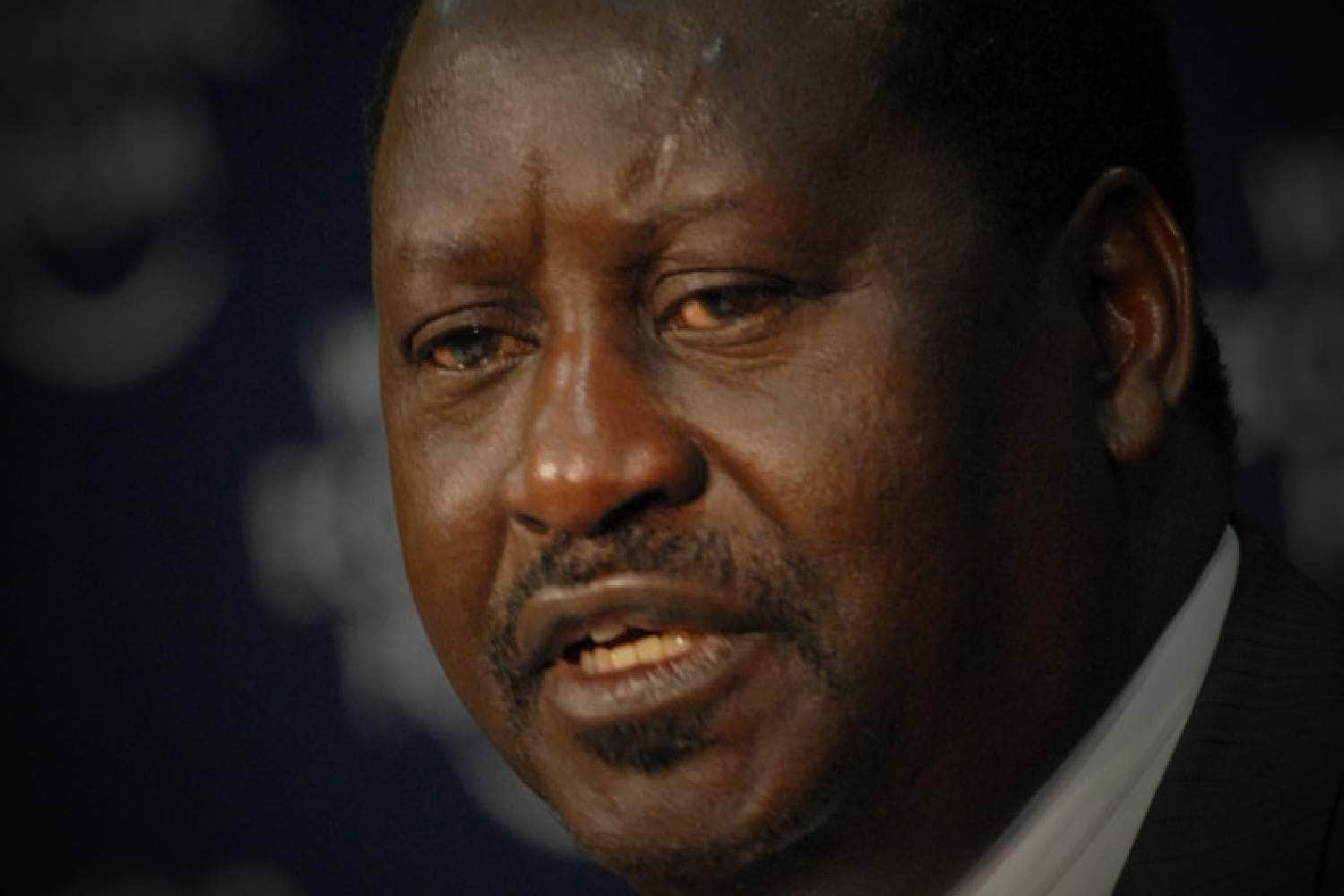Former Kenyan Prime Minister Raila Odinga has died at the age of 80 while receiving medical treatment in India, his family has confirmed.
Odinga, widely known as one of the founding figures of Kenya’s democracy, collapsed during a morning walk before being taken to Devamatha Hospital, where doctors said he suffered a cardiac arrest.
According to the BBC, the hospital reported that Odinga did not respond to emergency resuscitation efforts and was declared dead at 09:52 local time (06:22 SAST) on Wednesday.
Odinga’s passing has deeply affected Kenya and sparked debate about the country’s healthcare system, as many citizens are asking why such a senior leader had to seek medical care abroad.
For years, Odinga had been viewed as a symbol of democratic struggle, having played a key role in shaping Kenya’s political landscape since the 1980s.
In a televised address, President William Ruto described Odinga as a “beacon of courage” and the “father of our democracy.”
“Raila Amolo Odinga is truly a once-in-a-generation leader. A man whose ideals transcended politics, and whose legacy will shape the destiny of Kenya for generations to come,” he added.
President Ruto also announced a seven-day period of national mourning and confirmed that Odinga would be given a state funeral with full military honours, a rare recognition reserved for Kenya’s most distinguished leaders.
Regional leaders also paid tribute to Odinga. South African President Cyril Ramaphosa called him “a leader who placed the interests of his country and continent first.”
Zambian President Hakainde Hichilema described him as “a towering advocate for democracy” whose influence would continue to inspire Africa’s younger generation.
Odinga’s death comes at a time when Kenya’s healthcare system is under immense strain. In May 2025, health workers under the Universal Health Coverage programme held a strike for more than 95 days, demanding fair wages, timely payment, and better working conditions.
The Health Sector Caucus, which represents medical unions, has accused both the national government and county administrations of neglecting the welfare of healthcare workers.
In a statement, the caucus said that 97 Global Fund employees, who help provide essential medical services across the country, have reportedly worked for 11 months without pay.
Labour groups say this situation reflects deeper systemic problems, such as the government’s failure to follow the Salaries and Remuneration Commission’s wage guidelines.
For many Kenyans, Odinga’s treatment in India has become a powerful symbol of how fragile the national healthcare system has become — if even a prominent national leader could not find adequate treatment at home.
Odinga’s body is expected to be flown back to Nairobi later this week, where national memorial arrangements will take place as the country begins a period of reflection and mourning.
